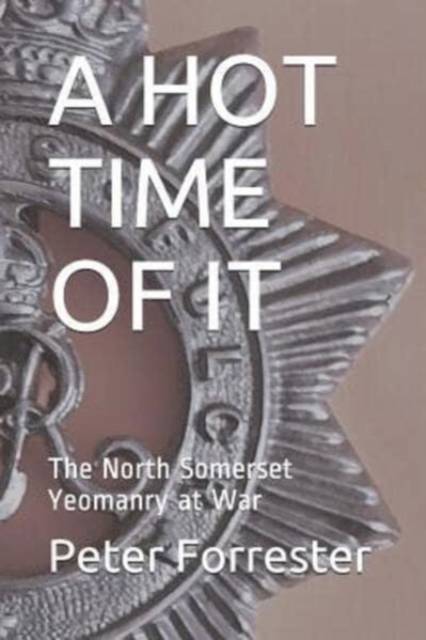
- Retrait gratuit dans votre magasin Club
- 7.000.000 titres dans notre catalogue
- Payer en toute sécurité
- Toujours un magasin près de chez vous
- Retrait gratuit dans votre magasin Club
- 7.000.0000 titres dans notre catalogue
- Payer en toute sécurité
- Toujours un magasin près de chez vous
8,45 €
+ 16 points
Description
The First World War started slowly enough. In fact it was the cause of the longest bank holiday in British history. In August 1914 the British economy was being run ragged by the impending war. People in power were desperately trying to find a way to secure the financial position of Britain and prevent the banks from failing. The bank holiday, Monday 3rd August 1914, was simply extended by the government to include Tuesday 4th, Wednesday 5th and Thursday 6th August 1914. In order to stop the hoarding of gold coins the government introduced the £1 and the 10 shilling note. The lowest denomination note available at that time was the £5 note.The Bank of England was unable to prepare and print the required number of new notes quickly enough, so the government took the unprecedented step of deciding to issue the new notes on Friday 7th August 1914. This war was referred to locally as the European War and did not change until 1917 when the Americans entered the war. It then became known as the World War. The people of Bath, Somerset, did not envisage that it would affect them very much, for their local Territorial Regiments, the Yeomanry, were formed as Home Defence units only, and the local people imagined that this would be so. Anyway, it would all be over by Christmas.Territorial units were looked upon with disdain by their regular counterparts, being treated more as "weekend warriors" then true fighting men. Kitchener himself declined to use the existing Territorial Force as the basis for his New Army, because he was deeply suspicious of the poor performance put up by the French territorials in the Franco-Prussian War of 1870-1871. This book traces the story of the North Somerset Yeomanry from the day before mobilisation, Monday 3rd August 1914, right through to their first engagement in what was to become known as the First Battle of Ypres. Here they were pitted against and repulsed one of Germany's finest regular regiments, the Prussian Guards, on the 16th/17th November 1914.
Spécifications
Parties prenantes
- Auteur(s) :
- Editeur:
Contenu
- Nombre de pages :
- 164
- Langue:
- Anglais
Caractéristiques
- EAN:
- 9781077588998
- Date de parution :
- 03-07-19
- Format:
- Livre broché
- Format numérique:
- Trade paperback (VS)
- Dimensions :
- 152 mm x 229 mm
- Poids :
- 226 g

Les avis
Nous publions uniquement les avis qui respectent les conditions requises. Consultez nos conditions pour les avis.






